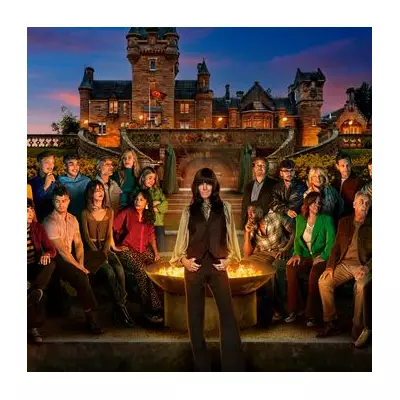
A chilling new production of Bram Stoker's 'Dracula' at a renowned London playhouse is making headlines not for its horror, but for its unprecedented content warning. The Shakespeare's Globe theatre has proactively alerted audiences that the performance features "theatrical blood effects", a move that has sharply divided theatregoers and critics alike.
The warning, displayed prominently at the box office and online, advises potential patrons of the bloodshed central to the vampire mythos. This modern precaution for a classic Gothic tale has thrown the venue into the centre of a heated cultural debate. Is it a necessary act of consideration for audience well-being, or an overzealous step that undermines the very essence of theatrical storytelling?
A Storm in a Blood Cup
Public reaction has been swift and polarised. Many have taken to social media to express their disbelief, questioning the need to warn audiences about blood in a well-known story about the world's most famous vampire. Critics of the warning argue it represents a new peak of "safetyism" and patronises audiences, stripping away the potential for surprise and thrilling horror that is fundamental to the genre.
Conversely, supporters defend the practice as a simple, empathetic courtesy. They argue that such warnings empower individuals, particularly those with trauma or specific phobias, to make informed decisions about the content they consume, thereby making theatre more accessible and inclusive for all.
The Bigger Picture: A Theatrical Trend
This incident is far from isolated. The use of trigger warnings has become increasingly commonplace in theatres across the UK, from productions dealing with intense themes to, as seen here, classic works with expected content. The Old Vic in London, for example, has been noted for its detailed content guidance for years.
The debate raging around 'Dracula' touches on broader questions about the evolution of live performance in a more socially conscious era. It forces the industry to confront a difficult question: where does respectful accommodation end and artistic compromise begin?
As the run of 'Dracula' continues, the conversation it has sparked about fear, freedom, and the future of theatre is proving to be just as compelling as the drama unfolding on stage.





